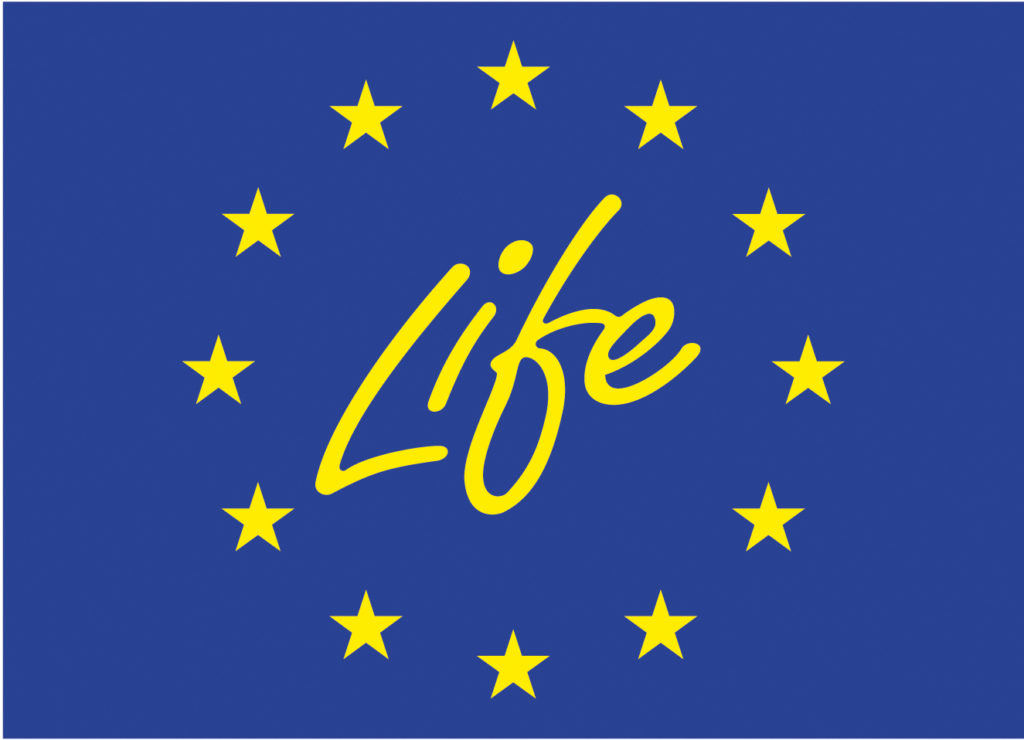
Discover how Life Skills can improve people’s relationship with food in this talk by Gladys Herrera.
Have you ever heard of life skills? These skills, identified by a group of educational experts from the World Health Organization (WHO), are useful to transform social relationships, whether with oneself, other people or our surroundings.
In our EAT:LIFE talk “Life Skills, Health and Sustainability“, we delve into this topic with Gladys Herrera, a social communicator, an expert in creating educational materials and a trainer of groups in life skills.
There are many life skills, but Herrera centres on 10 of them:
- Self-awareness
- Effective communication
- Decision making
- Creative thinking
- Coping with emotions and feelings
- Empathy
- Interpersonal relationships
- Problem and conflict solving
- Critical thinking
- Coping with stress
The talk reflects on the importance of educating about these skills, which are part of the psychosocial competence of individuals, as a tool to improve people’s relationship with their food and that of others. Training life skills will also allow us to enhance our thinking.
Herrera discusses several words and their meanings, such as ‘savour’, ‘like’, ‘smells’, ‘colours’, ‘industry’, ‘calories’, ‘hunger’, ‘diet’, ‘education’, and ‘converse’.
These are key concepts in the field of food. Some have a positive tone, such as “savour” or “colours”. Others may have a negative connotation, such as “industry” or “calories”.
Attention is also paid to how the meaning of some words has changed over the years. For example, the word ‘diet’ used to mean the menu of the day, whereas now, it frequently refers to a restrictive diet.
Herrera uses the words examined to reflect on our eating habits and the importance of eating a variety of foods, primarily unprocessed. He talks about the difference between people who eat packaged food from far away and those who buy locally, with less packaging.
In addition, the talk stresses the importance of providing an equal relationship with people who eat differently from us and fighting for an equitable diet.
Watch the talk here.
If you liked the content of the conference and want to learn more about healthy and sustainable food, visit the Menja, Actua, Impacta [Eat, Act, Impact] exhibition!

